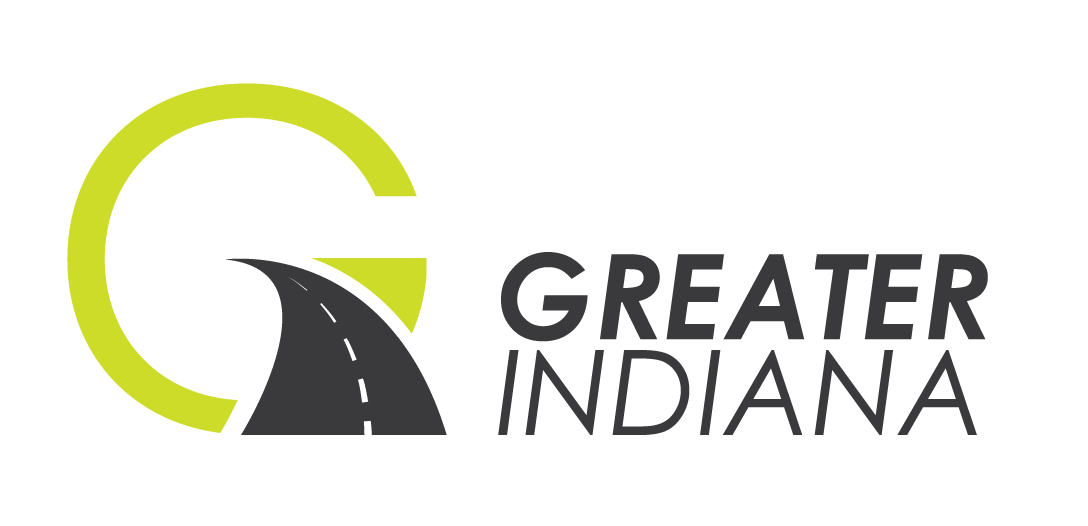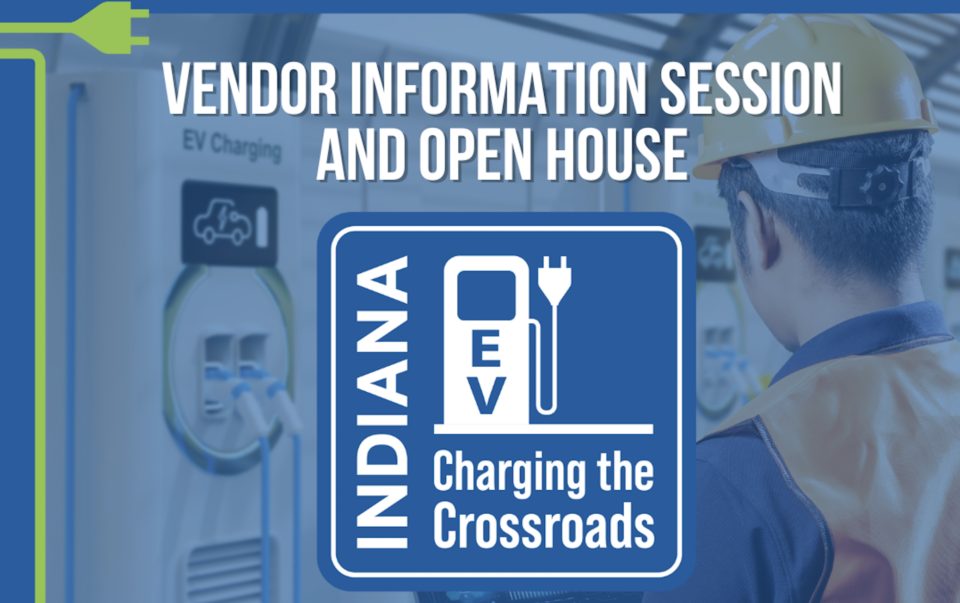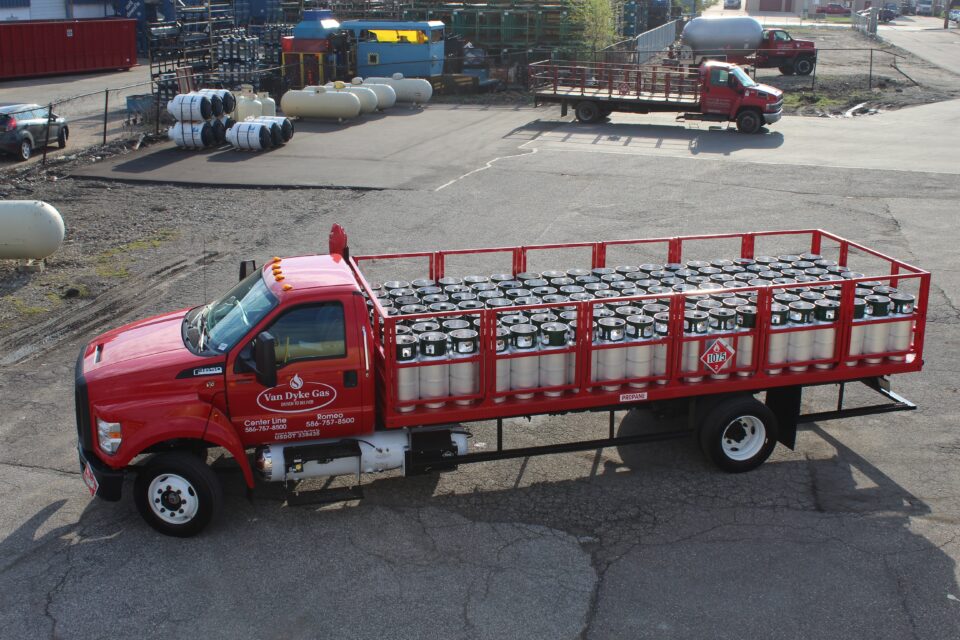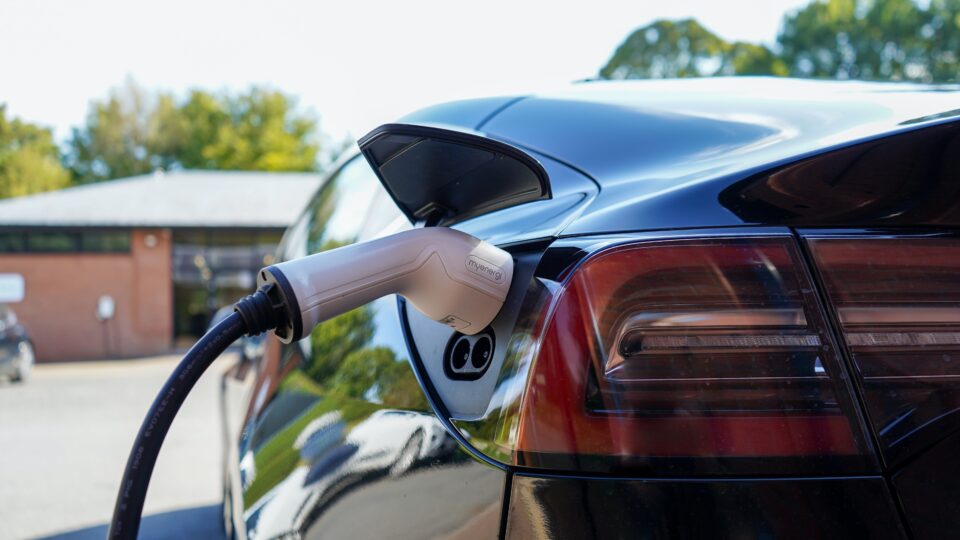- Fueling the future of Greater Indiana.
- [email protected]
Climate Mayors EV Purchasing Collaborative
Climate Mayors EV Purchasing Collaborative
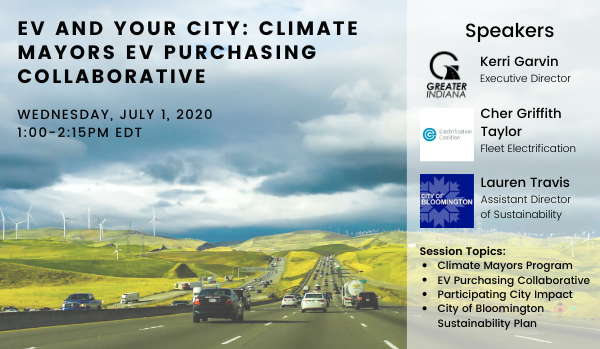
Getting Back to Better
Electrification Coalition
Cities across America are now ramping up reopening procedures as they strive to safely return to pre-pandemic levels of operations. The quarantine-related decline in travel and activity resulted, immediately, in some of the clearest skies around Indiana and the world, highlighting the widespread impact of transportation-related air pollution. Vehicle tailpipe emissions are now the leading source of air pollution in the United States, exacting an estimated toll of up to 5% of annual U.S. gross domestic product (GDP). That’s over $1 billion in 2019 alone.
So instead of going back to normal — how can we get back to better? How can cities reduce their impact on air quality while facilitating the operations of daily life? One solution is to embrace the transition to emissions-free electric vehicles (EVs) – each of which can save about $10,000 in health costs, according to a recent study by the Centre for Research on Energy and Clean Air (CREA).
Municipalities across the country are leading the charge, and stand to actually save money while reducing transportation emissions. Over 200 public fleets have committed to add more than 3,500 electric and plug-in hybrid electric vehicles to their fleets in the next year as part of the Climate Mayors EV Purchasing Collaborative, a one-stop resource assisting cities to successfully procure and deploy EVs on their fleets. The Collaborative is led by the Electrification Coalition—a non-profit dedicated to accelerating EV adoption, Sourcewell—a cooperative purchasing organization, and the Climate Mayors—more than 400 mayors working together to demonstrate leadership on climate issues.
What started in 2018 with just a handful of commitments has become a network of more than 200 fleets strong! The Collaborative’s offerings have also expanded, from a focus on all-electric and plug-in hybrid electric light-duty cars and SUVs to the addition of electric street sweepers and electric school buses to the platform as well. Most importantly during this period of budget shortfalls, the Collaborative offers an array of flexible financing solutions which allow fleets to maintain vehicle replacement schedules at a fraction of the up-front cost. The Collaborative’s financial partners also allow public fleets to apply the federal tax credit to their EV procurement, saving thousands of dollars on the upfront costs.
The year 2020 has been filled with challenges, to which effective solutions and strategies are increasingly found at the local level. City fleet electrification has great potential to demonstrate responsible leadership, improve air quality, support advanced technologies, and reduce total cost of operations for fleets. The cities of Indianapolis, Bloomington, Fort Wayne, and Greenfield have already joined the Collaborative, signifying their status as an Indiana fleet on the cutting edge of transportation electrification.
Learn more about the Collaborative and how it helped the City of Bloomington purchase electric vehicles and supply equipment at the Greater Indiana Clean Cities Coalition’s July 1st webinar, 1:00pm to 2:15pm — REGISTER HERE!

